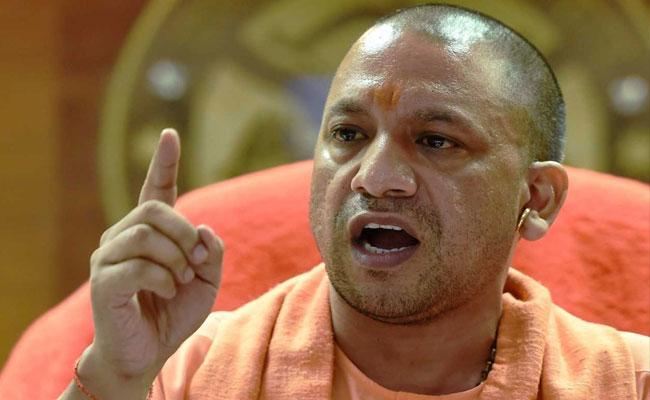Yogi Adityanath Govt to Set Up New Coal Power Plant in Polluted Kanpur

Image Courtesy NDTV
Yogi Adityanath’s government in Uttar Pradesh is going to set up a new coal-based power unit in Panki, Kanpur, with a capacity of 660 megawatts. ToI reported that the foundation stone for this project is likely to be laid in January itself. This same plant, however, was proposed earlier as well and rejected in 2016 by the Ministry of Environment and Forests citing pollution concerns. After BJP came to power in the state, MoEF experts visited the site and gave their approval.
This plant is being constructed at a time when India is producing surplus electricity and has made international commitments to shift towards renewable energy. State distribution companies are currently unable to utilise all the electricity being produced.
The Expert Appraisal Committee (EAC) of the Union Environment Ministry had reviewed the proposal for this power plant in 2016 and said that Kanpur is a critically polluted area, and population density around the proposed power plant is also quite high. Stating these reasons, the EAC refused environmental clearance for the plant, directing the state-run Uttar Pradesh Rajya Vidyut Utpadan Nigam Ltd (UPRVUNL) to “explore alternate electricity generation options (gas-based or solar) in the proposed location.”
Kanpur was declared the fourth most polluted city in India last month, with PM-2 levels at 386 micrograms per cubic metre. The EAC in 2016 had also said that the local population is opposed to this power plant, as the existing unit already releasing a significant amount of ash, causing environmental damage and health problems.
A 220 MW power plant already exists in Panki, but is now being shut down. The new plant, however, has triple the capacity of the old one and will thus require a much larger area. Tripling the electricity generation is questionable when Uttar Pradesh is generating surplus power.
India is a party to United Nations Framework Convention on Climate Change (UNFCCC), and has ratified the Paris Agreement. Under this Agreement, India has promised to generate 40% of all power from non-fossil fuel based energy resources. The country has also stated in its Nationally Determined Contributions that it will reduce emissions by 33 to 35% from 2005 levels. But setting up new coal-based power plants, especially after being told to look into renewable energy, poses major problems. It follows the BJP’s pattern of approving developmental and infrastructural projects at the cost of environmental damage.
Rahul Choudhary, environmental lawyer in the National Green Tribunal (NGT), told Newsclick that based on India’s promises on climate change action, such projects should not be approved. “The government is going back on its statements at the international level promising emissions reductions.” He said that the callous attitude of this government’s leadership towards climate change is reflected in these actions. “Environmental laws are being diluted by this government for bringing in new projects.”
Get the latest reports & analysis with people's perspective on Protests, movements & deep analytical videos, discussions of the current affairs in your Telegram app. Subscribe to NewsClick's Telegram channel & get Real-Time updates on stories, as they get published on our website.
























